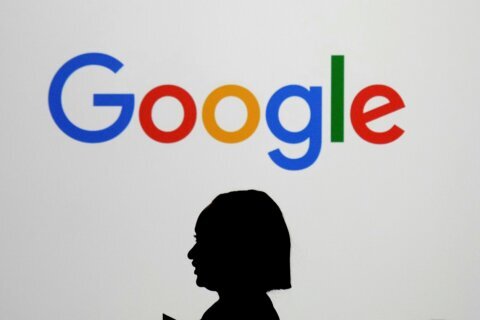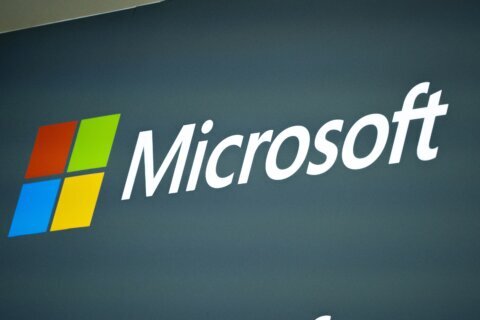Q: Should I be using a VPN service on my smartphone?
A: There are a number of reasons for using a Virtual Private Network (VPN), especially for mobile devices such as laptops, smartphones and tablets.
Mobile devices are often connecting to insecure public Wi-Fi networks, which can expose them to cyber-snoops that are connected to the same network. Mobile devices can also easily connect to fake public Wi-Fi networks without the user ever knowing, which is another common ploy used by cyber thieves.
How a VPN protects you
Using a VPN essentially creates a tunnel between you and the websites you are connecting to, which keeps anyone else from seeing the information that you are sending over the network.
When a VPN should be used
For those that travel often and connect to public Wi-Fi, using a VPN while doing so is an essential step to protecting your privacy.
If you rarely travel and connect mostly to your own Wi-Fi network, about the only reason to use a VPN is to prevent your ISP from tracking your whereabouts.
Your ISP can’t see what you are doing when you get to an encrypted HTTPS page, but they can track the actual websites that you visit. Once you connect to a VPN service, your ISP can no longer track this information, but the VPN service can, so it’s important to look for a VPN that clearly does not log your usage.
Another common usage for a VPN service is for those that travel internationally. Many popular entertainment and news services, such as HBO or ESPN have geographical restrictions for their content, so using a VPN that has servers in the US may allow you to watch your shows from abroad.
I say “may” because companies such as Netflix started blocking VPNs back in 2016 and others seem to be following suit, so your mileage may vary.
Free vs paid VPNs
There’s a seemingly endless list of potential VPN services you can use, so the first step is determining whether a free or paid service is better suited to your needs.
While a free service sounds appealing, there are a number of reasons that I personally have chosen to use a paid service.
The first is performance; even the best VPNs will have a potential impact on your performance in the form of a reduction in bandwidth. Free services can’t justify the same infrastructure expenditures that a pay service can, so in general, you’re likely to experience more inconsistent performance with free VPNs.
Some free VPNs use advertising to support the network, which automatically makes me suspicious about their logging practices. It stands to reason that if a VPN service is ad supported, they’re going to use everything they can to attract advertisers.
Free services may not offer the most up-to-date encryption protocols, may limit how much data you can use per month or day and may be very slow to connect as they typically have fewer servers for connecting.
My choice
The service that best fit the needs for my laptop and smartphone is Private Internet Access which is $39.95 per year and works on up to five simultaneous devices. It doesn’t log users, has over 3,100 servers in 33 countries with fast connections and has the option of using some of the highest levels of encryption available anywhere.
Ken Colburn is founder and CEO of Data Doctors Computer Services. Ask any tech question on Facebook or Twitter.







